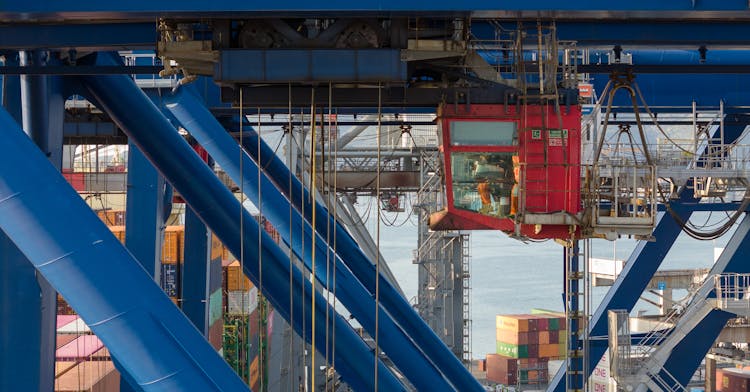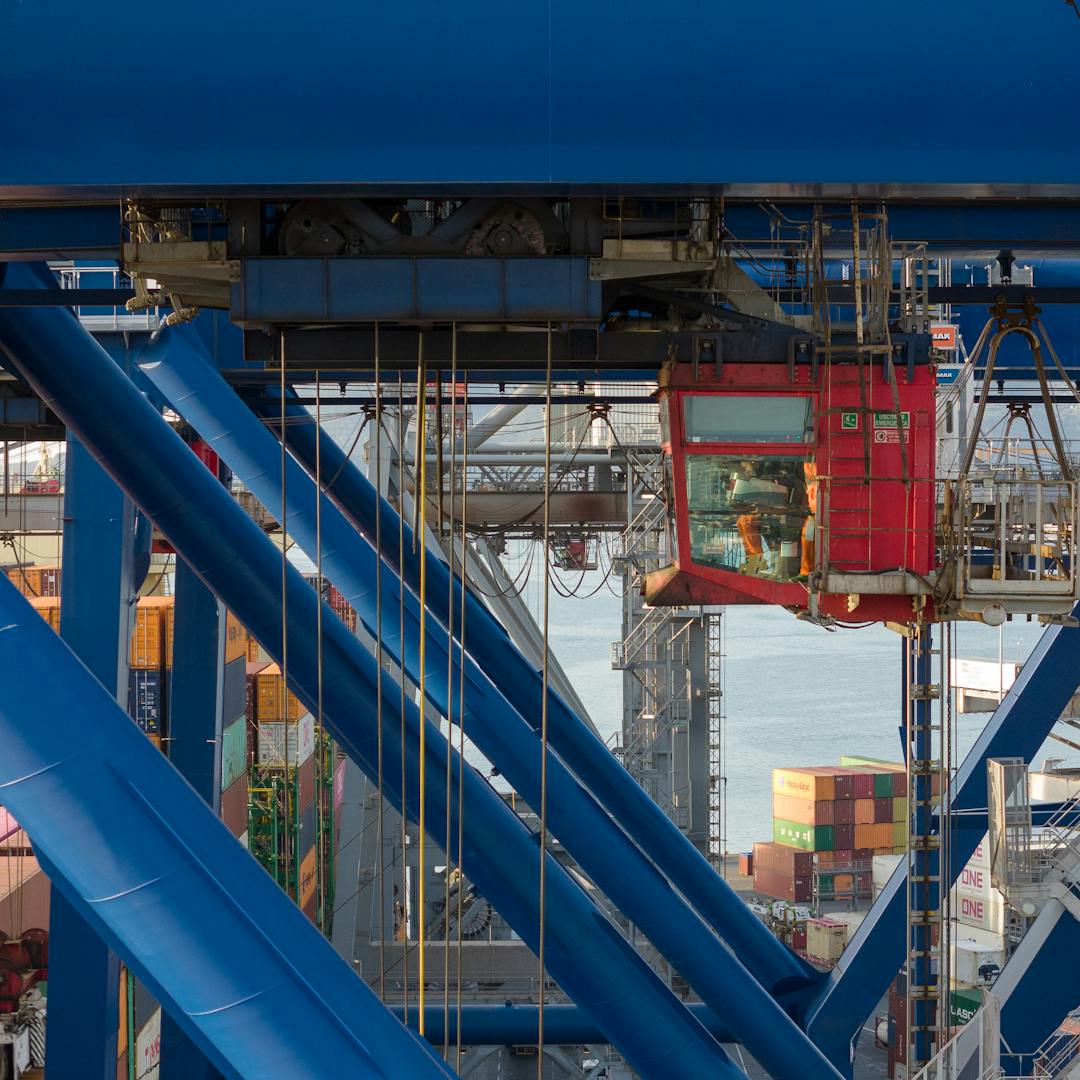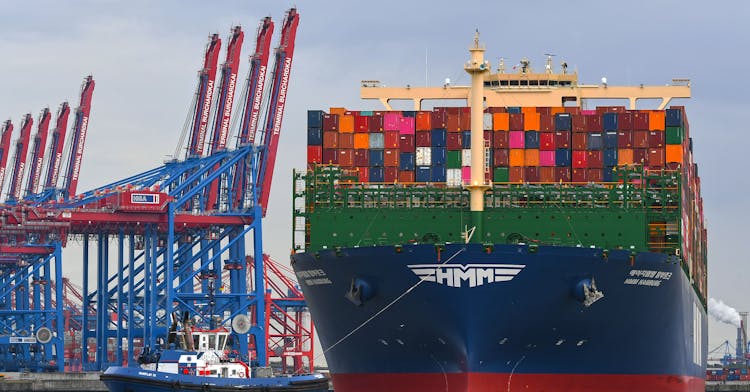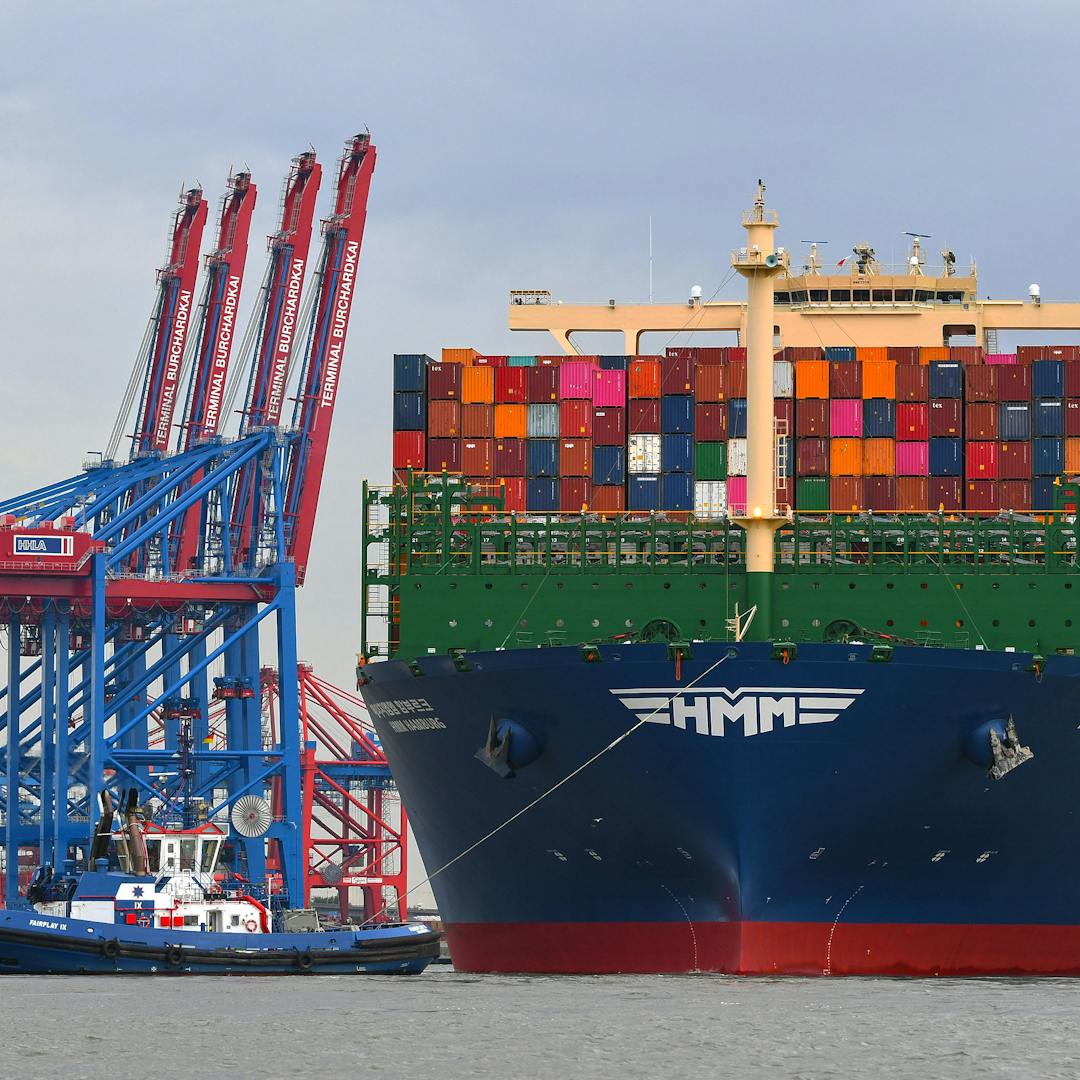Freight forwarders
Your needs

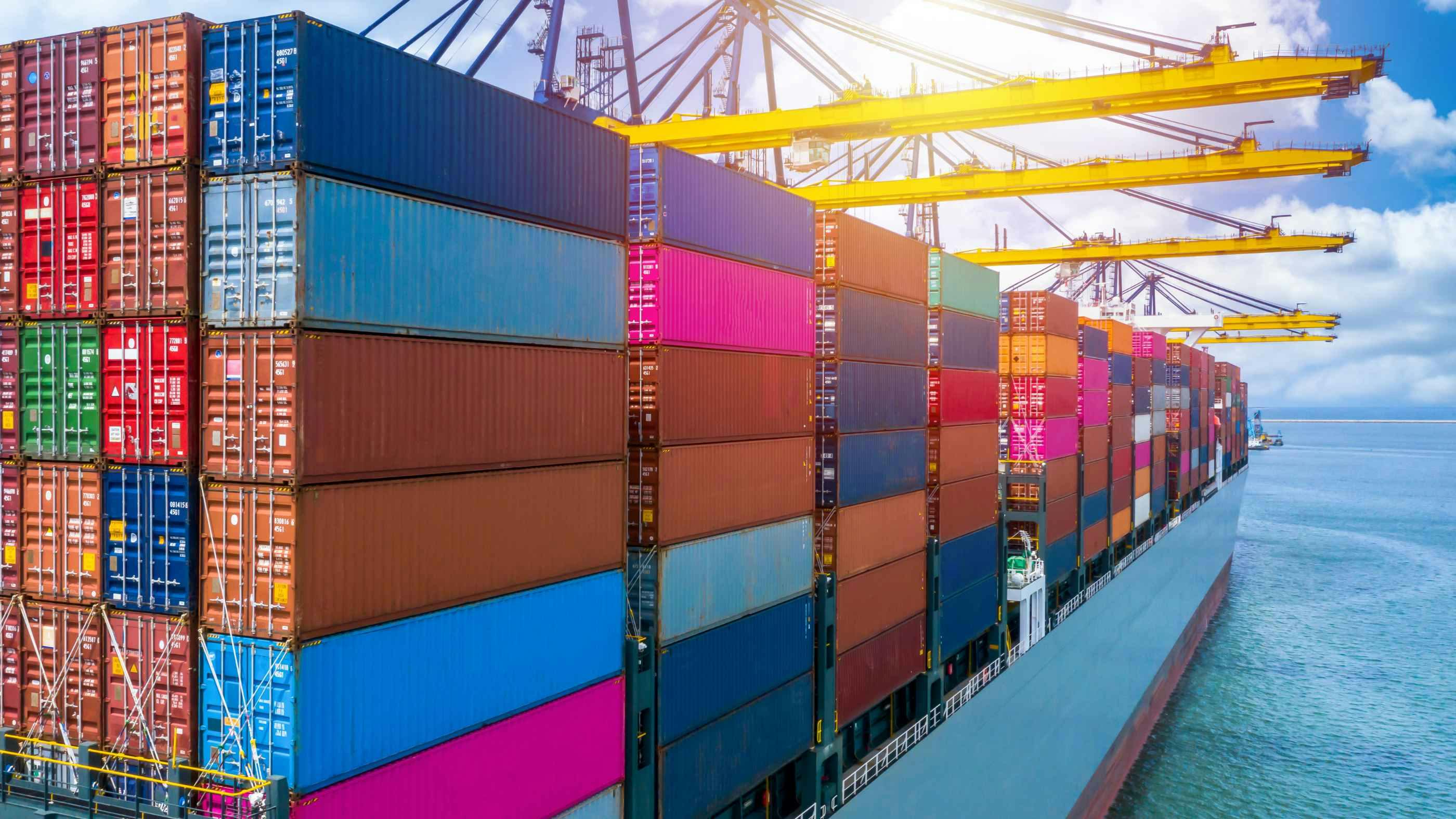
Bespoke connections limit flexibility
For freight forwarders, providing a good customer experience depends on timely, accurate data exchange with partners. The status of a customer’s shipment along with its documentation must be shared and updated across many stakeholders including shippers and consignees, carriers and customs authorities. If the participants in a transaction use different eBL platforms, standards and ways of sending and receiving information, bespoke connections must be developed between them. Establishing bespoke channels for each participant is resource intensive and often prohibitively expensive, limiting flexibility for all participants.

Standards enable seamless exchange of data
Interoperable interfaces for communication and eBL data transfer can be created in a fraction of the time as bespoke channels and easily reused. This reduces the cost of developing and supporting partner connections, while creating economies of scale and improvements in service that come from a common way of working. Barriers to entry are lowered for smaller organisations that want to integrate, and freight forwarders gain the flexibility to work with more partners easily and cost-effectively, no matter their size.
Key benefits
- Improve time-to-market with fast and effective client onboarding
DCSA Track & Track standards enable you to quickly and easily establish digital communication interfaces between carriers, customers and partners. The DCSA Bill of Lading standard ensure digital Bill of Lading data can be seamlessly exchanged across these channels. - Provide on-demand communication of real-time information to customers
Unify digital data exchange to enable on-demand, real-time communication with customers, carriers and partners. Provide access to critical shipping information and documentation when and where it’s convenient for everyone involved in a transaction. - Achieve quality goals and improve customer service
By allowing you to instantly share the right information with customers, partners and carriers, DCSA standards help you achieve commercial objectives by increasing service quality and lowering support costs.


Join DCSA+
The DCSA+ partnership programme offers a unique opportunity to collaborate with industry leaders, drive innovation, and accelerate interoperability.
Connect with key stakeholders to exchange insights and explore opportunities. Accelerate your digital journey with expert support for implementing standards. Contribute to future digital standards.
Standards for freight forwarders
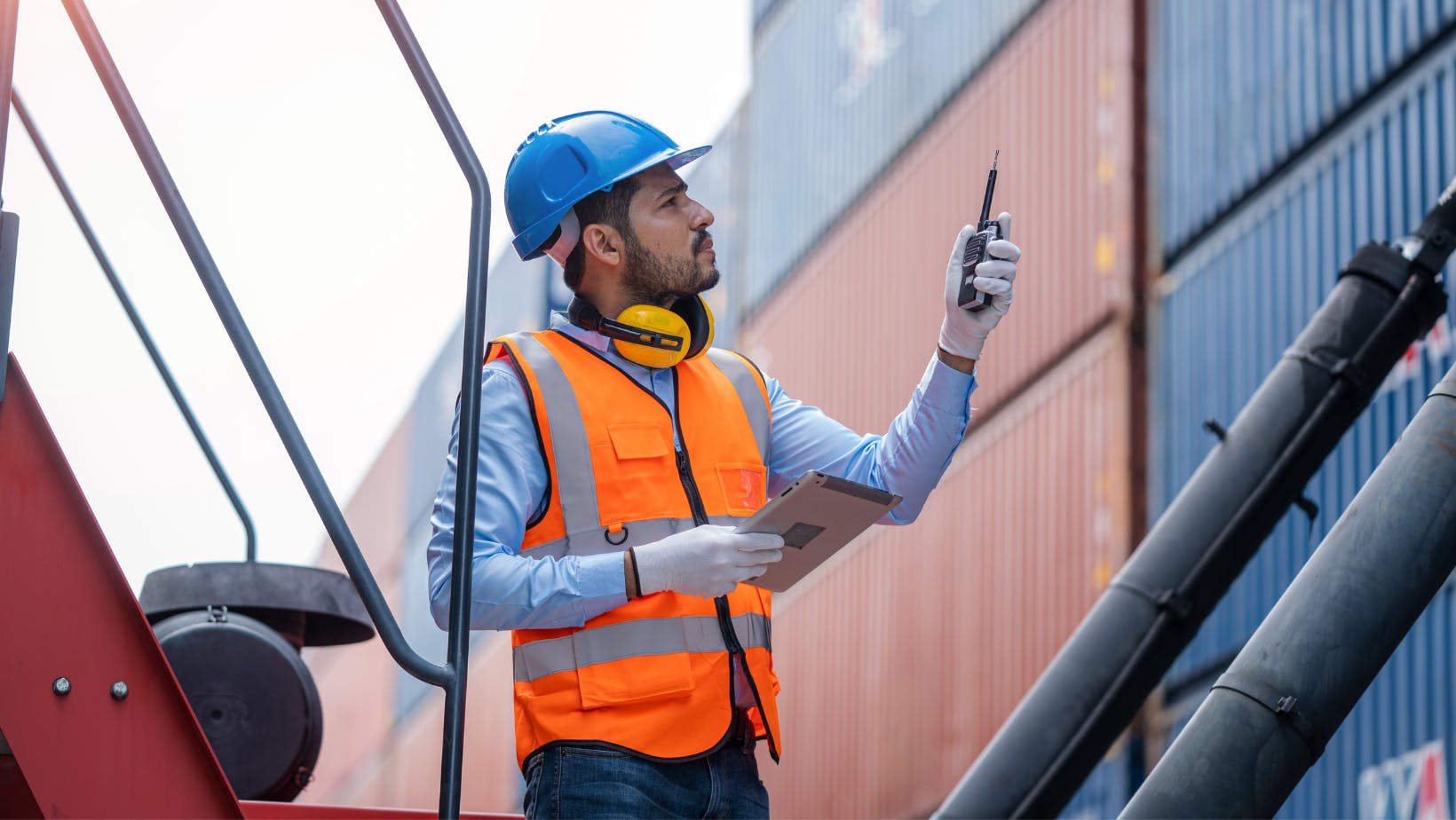
Our standards allow real-time collaboration between container shipping stakeholders. By ensuring continuous access to timely shipping information, our standards enable stakeholders to proactive, data-driven decisions that improve business agility.
Ready to implement
API specifications and a reference implementation can be found in our Developer Portal.
Let us know how we're doing
Where you able to find what you were looking for on this website



